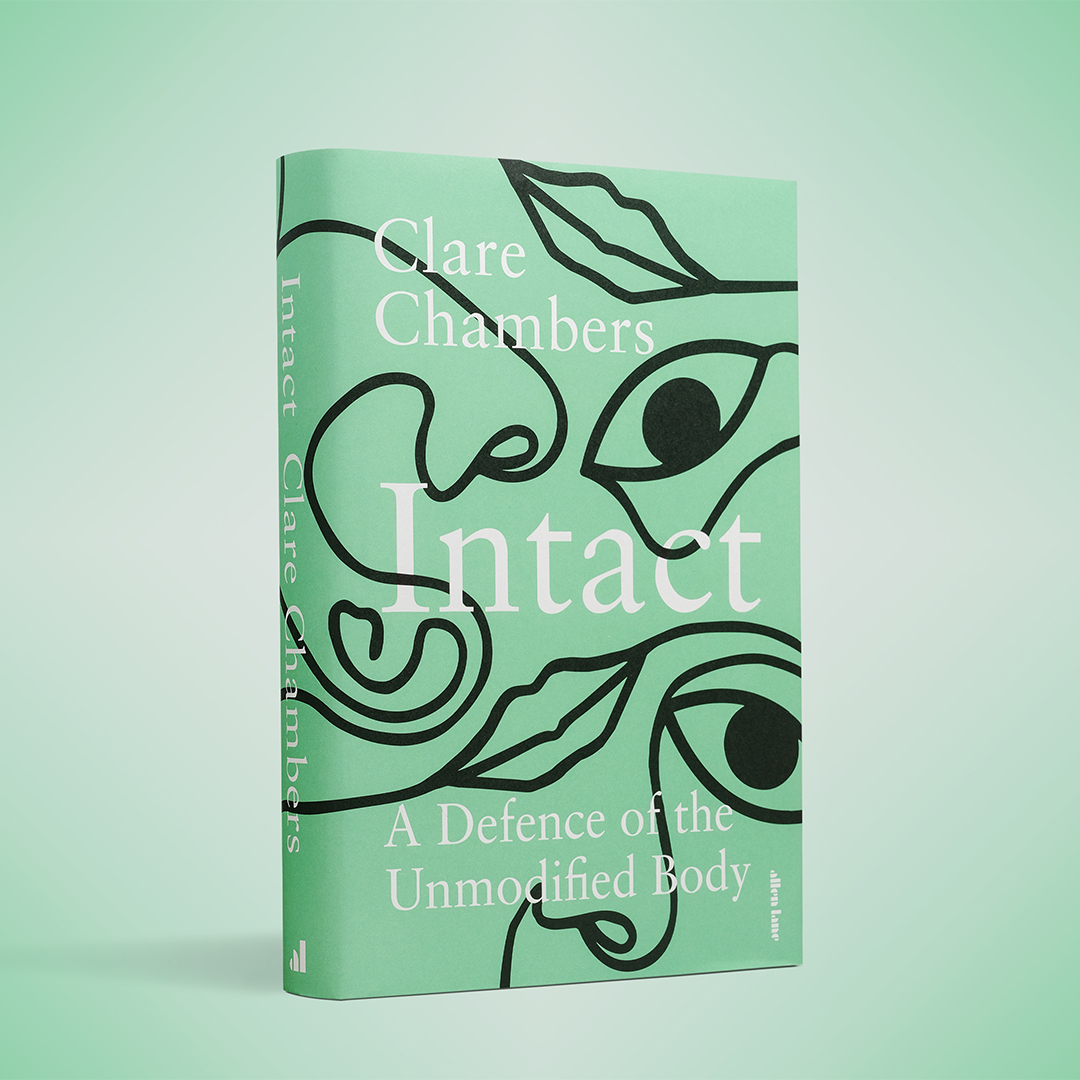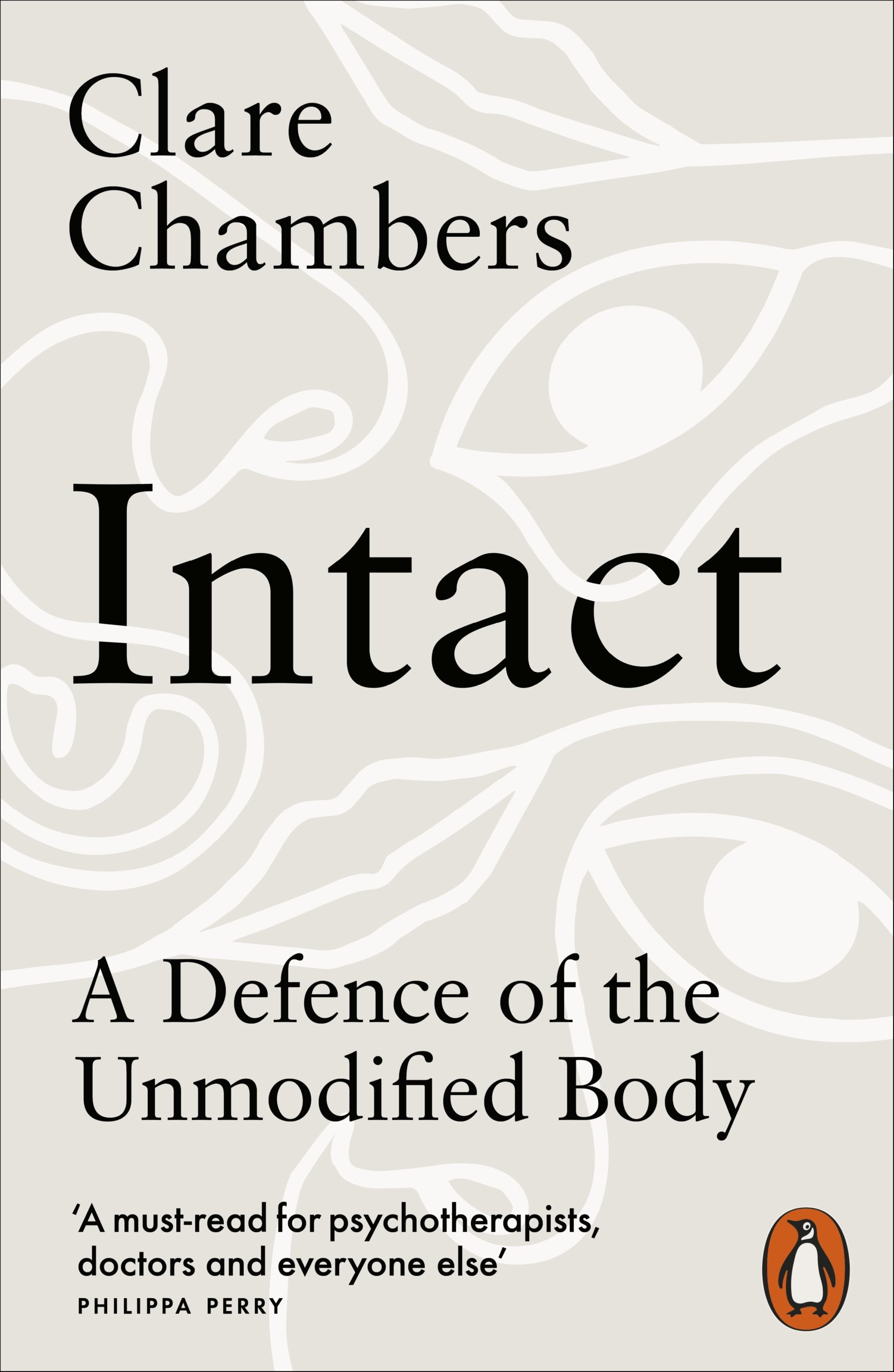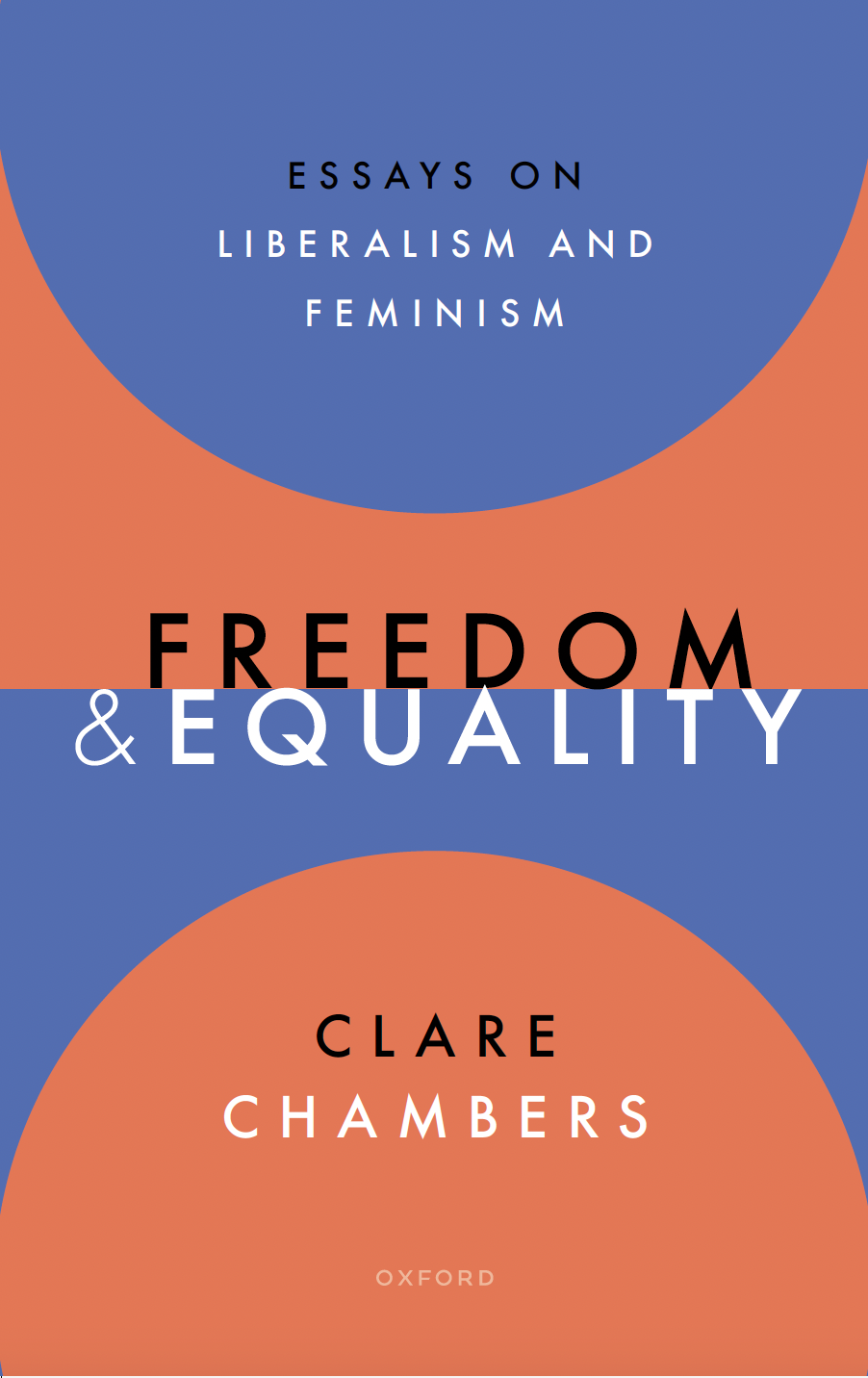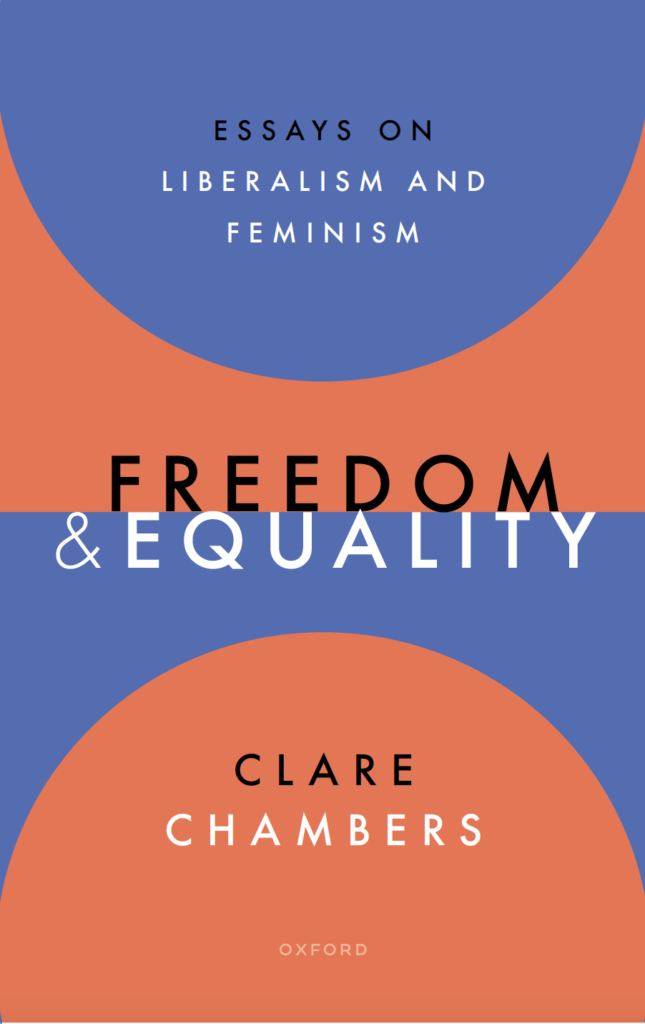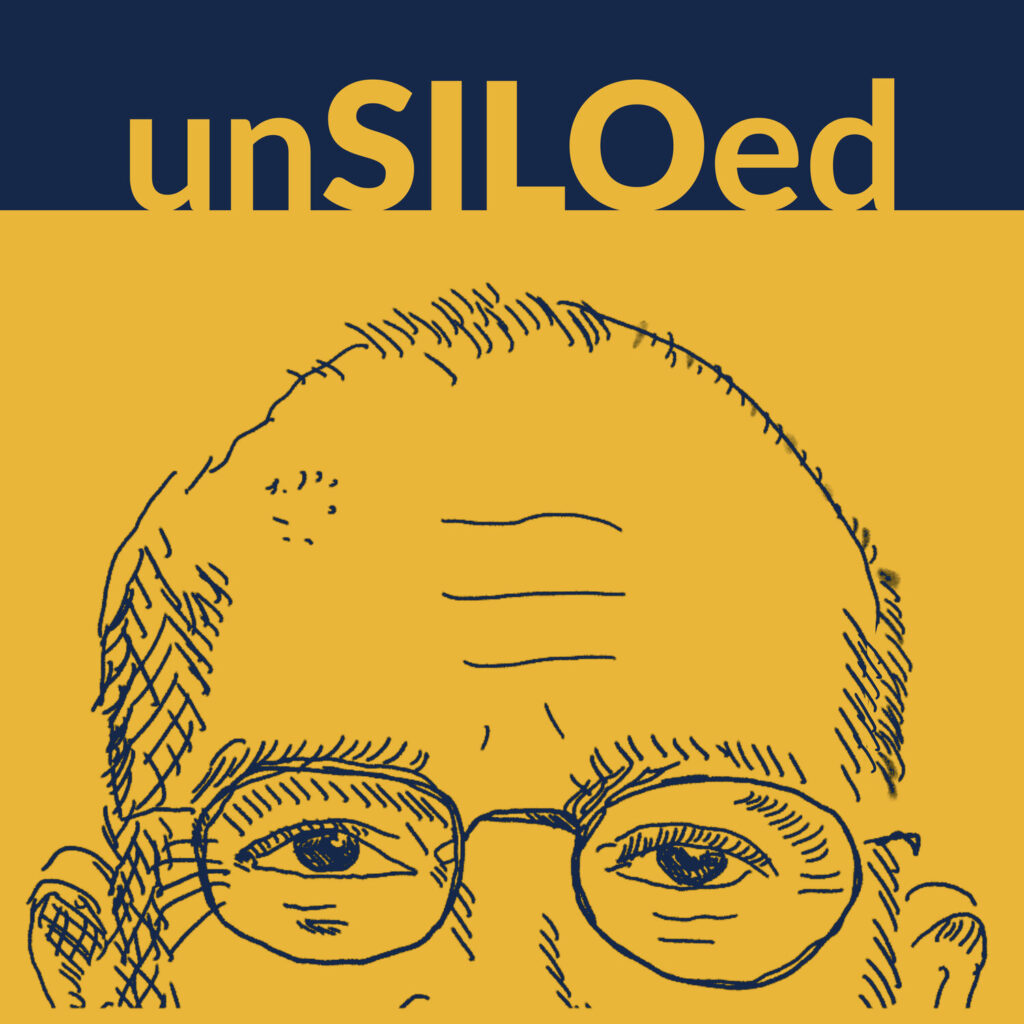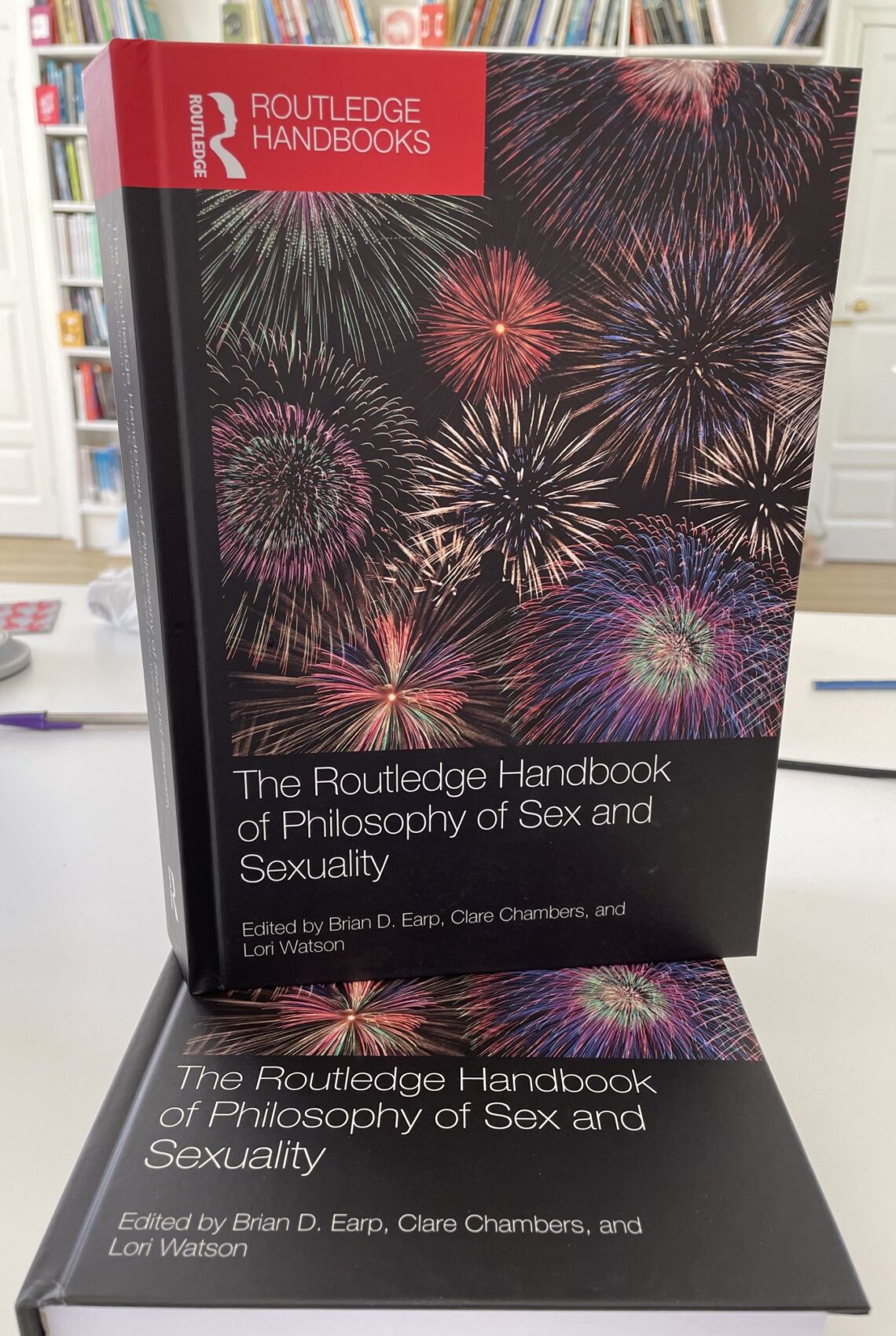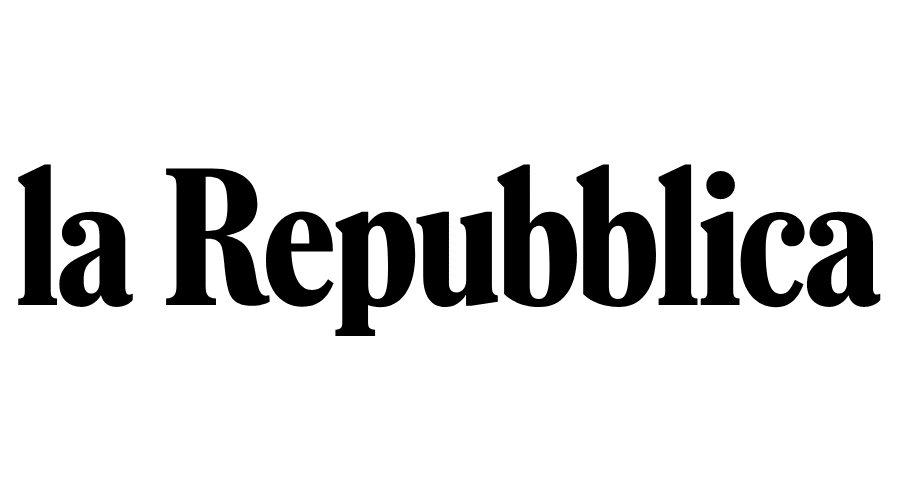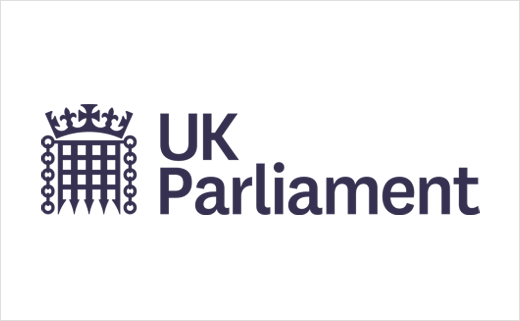-
Intact: A Defence of the Unmodified Body
In an age of social media and selfies, of pixel-perfect pictures and surgically-enhanced celebrities, the pressure to change our bodies can often seem overwhelming. We are told we should conceal the signs of ageing and get our bodies back after pregnancy. We ought to perfect our complexions, build our biceps, trim our waistlines, cure our disabilities, conceal our quirks. More than ever before, we should contort our physical selves to prejudiced standards of beauty and acceptability.
In this thought-provoking work, acclaimed political philosopher Clare Chambers argues that the unmodified body is a key principle of equality. While defending the right of anyone to change their bodies, she argues that the social pressure to modify sends a powerful message: you are not good enough. The body becomes a site of political importance: a place where inequalities of sex, gender, race, disability, age, and class are reinforced.
Through a clear-sighted analysis of the power dynamics that structure our society, and with examples ranging widely from body-building to breast implants, makeup to male circumcision, Intact stresses that we must break away from the oppressive forces that demand we alter our bodies. Instead, it offers a vision of the human body that is equal without expectation: an unmodified body that is not an image of perfection or a goal to be attained, but a valued end in itself.Available in hardback, paperback, e-book and audiobook here and from all good bookshops.
- all posts on feminism, all posts on liberalism, all posts on social construction, feminism, liberalism
“Making Inequality Visible Without Making it Worse”
“Making Inequality Visible Without Making it Worse” is published in Social Philosophy & Policy (Vol. 39 No. 2, 2022). You can read it here.
Abstract: Egalitarian commitments have often been thought compatible with practices that are later identified as inegalitarian. Thus, a fundamental task of egalitarianism is to make inequality visible. Making inequality visible requires including marginalized people, questioning what equality requires, and naming inequality. At the same time, egalitarianism is a movement for change: egalitarians want to make things more equal. When egalitarians seek change at the institutional level, the two egalitarian tasks are complementary: making inequality visible is part of campaigning to make things better. However, at the level of social norms there is a dilemma because making inequality visible can make things worse. Making inequality visible can reinforce unequal norms and fail to address intersectionality. The case of gendered pronouns illustrates this dilemma.
- all posts on culture and religion, all posts on feminism, all posts on liberalism, all posts on marriage, all posts on social construction, Freedom & Equality
Freedom & Equality: Essays on Liberalism and Feminism
Should the state recognise gender? Can a liberal state discourage traditional family structures? Is women’s sport compatible with equality of opportunity? Should feminists defend women’s freedom to choose cosmetic surgery? Is genital cutting always wrong, or is it only wrong for girls?
Freedom & Equality: Essays on Liberalism and Feminism investigates the contours of feminist liberalism: a philosophical approach that is appealing but elusive. Its hallmark is a liberalism that prioritises equality and individual autonomy, while offering a rigorous critique of using individuals’ choices as the measure of justice. Liberalism without feminism prioritises individual choice, a strategy that has played a crucial role in the liberal defence of freedom against authoritarianism and conformity. However, as feminism shows, relying on individual choice is insufficient to render an outcome just, because people often choose things that harm or disadvantage themselves. From beauty norms to the gendered division of labour, from marriage to religion, women and men choose to arrange their lives in ways that perpetuate inequality. Often, these choices are made in response to social norms, including unjust, unequal, or harmful norms. It follows that relying on individual choice as a measure of justice actually leaves unjust social structures intact. Any defender of autonomy and equality must be prepared to criticise individuals’ choices while prioritising individual choosers.
The essays in this collection cover a wide range of issues fundamental to liberalism, to feminism, and to their intersection. They explore the foundational philosophical concepts of choice, equality of opportunity, ideology, and the state, and they engage directly with key political controversies, including women’s sport, the state recognition of gender, the regulation of cosmetic and cultural surgeries, and state action to secure equality in the family. Clare Chambers argues that feminist liberalism is both possible and necessary. It is possible because the two doctrines of feminism and liberalism are compatible, their fundamental values of freedom and equality aligned. But feminism is necessary because liberalism has shown that it is simply not up to the task of securing gender equality and women’s liberation alone.
Freedom & Equality will be published by Oxford University Press in 2024.
CONTENTS
Introduction: A Feminist Liberalism
PART I: FEMINISM & LIBERALISM
1: Feminism
2: Feminism on Liberalism
3: Respect, Religion, and Feminism: Political Liberalism as Feminist Liberalism?
PART II: THE FAMILY
4: ʻThe Family as a Basic Institutionʼ: A Feminist Analysis of the Basic Structure as Subject
5: Liberalism, Feminism, and the Gendered Division of Labour
6: The Marriage-Free State
PART III: THE LIMITS OF LIBERALISM
7: Should the Liberal State Recognise Gender?
8: Reasonable Disagreement and the Neutralist Dilemma: Abortion and Circumcision in Matthew Kramer’s Liberalism with Excellence
PART IV: EQUALITY OF OPPORTUNITY
9: Each Outcome Is Another Opportunity: Problems with the Moment of Equal Opportunity
10: Equality of Opportunity and Three Justifications for Women’s Sport: Fair Competition, Anti-Sexism, and Identity
PART V: CHOICE
11: Choice and Female Genital Cosmetic Surgery
12: Judging Women: 25 Years Further Toward a Feminist Theory of the State
13: Ideology and Normativity -
INTACT at the Intellectual Forum
I gave a talk about INTACT and answered questions from a really engaged audience at the Jesus College Intellectual Forum. You can watch the video of the event here.
- Against Marriage, all posts on marriage, all posts on social construction, all posts on the body and beauty, Intact, listen, Sex, Culture, and Justice
Interview on UnSILOed podcast
It was a pleasure to discuss Intact, Against Marriage, and themes from Sex, Culture, and Justice with Greg LaBlanc for his UnSILOed podcast. You can listen to the whole episode here.
There’s a lot of philosophy books out there that are tough to read but this one (INTACT), I think, is just an example of fantastic philosophical writing. It’s profound, but it’s also a page-turner. I really enjoyed it.
-
INTACT in The Observer beauty column
Should you be using eyelash serum? Or would that be an example of shametenance? Eva Wiseman reflected on this dilemma in her beauty column on 23 April 2023. You can read the full article here.
I hadn’t realised eyelashes thinned as we aged. If I had, perhaps I’d have been focusing on them earlier as part of the relentless search for signs that time has passed or been lost, and with it, maybe power. In her book Intact: A Defence of the Unmodified Body, philosopher Clare Chambers talks about “shametenance”, all the things we do (like applying “natural makeup”) that maintain the idea that our unmodified bodies are shameful, and I wonder if this project counts. Remove the hair there, bleach the hair there, a dull domestic struggle. The seconds dragging serum across my lashes joins the minutes spent dying my roots, then the hours logged by all the women in my life, fighting quietly in the gym or bathroom or salon to get back to an I we recognise.
-
INTACT in The Times
I really enjoyed speaking with Sarah Ditum about the history and present of using botox for cosmetic use. You can read her long-form article, including citations from our interview, here. It was originally published in The Times magazine on Saturday 4th March 2023.
-
INTACT in NZ Herald

INTACT is featured in an article in the NZ Herald, the leading weekly magazine in New Zealand. It’s called “Face Value: Why it’s time we made peace with the way we look.” It was a real pleasure to talk to Angela Barnett for the piece, which you can read here.
-
INTACT in Filosofie Magazine
INTACT is featured in an article in the Dutch philosophy magazine Filosofie Nummer 11 2002. The article is by Femke van Hout, who interviewed me, and is called “Zichtbaar maar niet gezien”. You can read it here.
- all posts on feminism, all posts on liberalism, all posts on marriage, Routledge Handbook of Philosophy of Sex and Sexuality
Routledge Handbook of Philosophy of Sex and Sexuality
Edited with Brian D. Earp and Lori Watson, and published by Routledge in 2022. You can buy the book here and read it in Routledge Handbooks online here.
This Handbook covers the most urgent, controversial, and important topics in the philosophy of sex. It is both philosophically rigorous and yet accessible to specialists and non-specialists, covering ethics, political philosophy, metaphysics, the philosophy of science, and the philosophy of language, and featuring interactions with neighboring disciplines such as psychology, bioethics, sociology, and anthropology.
The volume’s 40 chapters are written by an international team of both respected senior researchers and essential emerging scholars. The broad scope of coverage, depth in insight and research, and accessibility in language make The Routledge Handbook of Philosophy of Sex and Sexuality a comprehensive introduction for newcomers to the subject as well as an invaluable reference work for advanced students and researchers in the field.
Table of Contents
IntroductionClare Chambers, Brian D. Earp, Lori Watson
Part I: What is Sex? Is Sex Good?
- What is a Sexual Act?
Kristina Gupta - Eroticisms in Cross-Cultural Perspective
Sara Johnsdotter - The Value of Sex
Sam Shpall - Is There a Right to Sex?
John Danaher - The Concept and Significance of Virginity
Neil McArthur
Part II: Sexual Orientations
- What is a Sexual Orientation?
Lisa M. Diamond - Sexual Orientation, Sexual Desires, and Choice
E. Diáz-León - Queer and Straight
Matthew Andler - Asexuality
A.W. Eaton and Bailey Szustak - Feminist Heterosexuality
Christie Hartley - Heterosexual Male Sexuality: A Positive Vision
Shaun Miller - Radical Feminist Analysis of Heterosexuality
Jessica Joy Cameron - Lesbian Feminism
Finn Mackay
Part III: Sexual Autonomy and Consent
- Flirting
Lucy McDonald - Sex and Consent
Karamvir Chadha - Beyond Consent
Susan J. Brison - Sexual Autonomy, Consent, and Reproductive Control
Mianna Lotz - Sexual Practices and Relationships Among Young People
Kate Ott and Lauren D. Sawyer - Sex and Disability
Tom Shakespeare - Sexual Consent, Aging, and Dementia
Andria Bianchi
Part IV: Regulating Sexual Relationships
- Monogamy: Government Policy
Stephen Macedo and Peter de Marneffe - Plural Marriage and Equality
Lori Watson - Sex, Marriage, and Race
Robin Zheng - The Ethics of Relationship Anarchy
Ole Martin Moen and Alexander Sørlie
Part V: Pathologizing Sex and Sexuality
- The Eugenic Logic of Sexual Normality
Tara M. Dankel - “Disordering” Sex Through Medicine
Katarzyna Grunt-Mejer - Religion and Sexual Shame
Krista K. Thomason - Homophobia and Conversion ‘Therapies’
Sean Aas and Candice Delmas
Part VI: Contested Desires
- The Ethics and Politics of Sexual Preference
Gulzaar Barn - BDSM
Manon Garcia - Critiquing Consensual Adult Incest
Natasha McKeever - Pedophilia
Agustín Malón
Part VII: Objectification and Commercialized Sex
- Sexual Objectification
Patricia Mariño - The Civil-Rights Approach to Pornography
John Stoltenberg - Pornography and the “Sex Wars”
Mari Mikkola - The Case for Decriminalizing Sex Work
Jessica Flanigan - An Equality Approach to Prostitution
Lori Watson
Part VIII: Technology and the Future of Sex
- The Ethics of Matching: Hookup Apps and Online Dating
Michal Klincewicz, Lily E. Frank, and Emma A. Jane - The Ethics of Humanoid Sex Robots
Sven Nyholm - Sex and Emergent Technologies
Robbie Arrell
About the editors
Brian D. Earp is a philosopher, cognitive scientist, and bioethicist with interests in gender, sex, sexuality, and related topics. Brian is Associate Director of the Yale-Hastings Program in Ethics and Health Policy at Yale University and The Hastings Center, and Senior Research Fellow in Moral Psychology at the Uehiro Centre for Practical Ethics at the University of Oxford. With Julian Savulescu, Brian is co-author of Love Drugs: The Chemical Future of Relationships (Stanford UP, 2020).Clare Chambers is Professor of Political Philosophy at the University of Cambridge. She is the author of Intact: A Defence of the Unmodified Body (Allen Lane, 2022), Against Marriage: An Egalitarian Defence of the Marriage-Free State (Oxford University Press, 2017), and Sex, Culture, and Justice: The Limits of Choice (Penn State University Press, 2008).
Lori Watson is Professor of Philosophy at Washington University in Saint Louis. She is the co-author, with Patrick Hurley, of A Concise Introduction to Logic, 13th ed. (Cengage, 2016); with Christie Hartley, of Equal Citizenship and Public Reason: A Feminist Political Liberalism (Oxford UP, 2018); with Andrew Altman, of Debating Pornography (Oxford University Press, 2019); and, with Jessica Flanigan, of Debating Sex Work (Oxford University Press, 2019).
- What is a Sexual Act?
-
Intact in La Repubblica
“Il corpo è un campo di battaglia politico? Riflessioni di una filosofa”
You can read – in Italian – Mara Accettura’s interview with me in La Repubblica. Find the piece here.
-
INTACT recommended in Metro

“A beautifully written and thoughtful push back against all the people and powers that have made us, as a society, feel that our bodies need to be altered.”
Martha Alexander in Metro, 21 April 2022 -
Intact for Bristol Festival of Ideas
Julian Baggini and I had a long conversation about Intact for the Bristol Festival of Ideas. You can watch the interview here.
-
INTACT at Epoché
Intact Bodies: The Ambivalence of The Natural and The Normal – John C. Brady in Conversation with Clare Chambers was published in the February 2022 issue of Epoché, the monthly magazine for the Philosophy diaspora. You can read the interview here.
Clare Chambers is a professor of political philosophy at the University of Cambridge. Her work deals with contemporary liberalism, social construction, feminism, and social justice. Her latest book, Intact (Allen Lane, 2022), is an analysis of the ways in which the body is a political site where the inequalities of sex, gender, race, disability, age, and class are reinforced. The book argues for the value of the ‘unmodified body’. The unmodified body is not an empirical concept, such a thing would be impossible in actuality (our bodies are undergoing constant revision and intervention). Rather, it is a political tool for resisting forms of coercion and oppression that would have us viewing our bodies as never good enough as they are, and thus requiring their modification, concealment, and conformance in myriad ways. However, the unmodified body cannot be viewed as a simple ‘body positivity’ any more than it can be asserted as an empirical concept. Rather, it is a new notion that cuts orthogonally across various ideals that we have previously held the body to: the natural, the normal, and the sovereign. Because of this orthogonality, these various ideals show themselves, under Chambers’ analysis, to have an ambivalent character. The book functions as both a political and cultural call to arms, and an astute analysis of how our bodies becomes ensnared in oppressive structures that inhibit the road to equality.
-
INTACT at Hay Festival
I’ll be discussing INTACT at the Hay Festival in Hay-on-Wye on 5th June 2022. You can buy tickets here.
-
INTACT at Oxford Literary Festival
I’ll be discussing INTACT at the Oxford Literary Festival on 26th March 2022. You can buy tickets here.
Philosopher Clare Chambers argues that it is time for men, women and children to reclaim their bodies and that an unmodified body is a key principle of social and political equality.
Chambers ranges across a variety of areas from bodybuilding to makeup, male circumcision, breast implants, motherhood and childbirth. She argues that social pressure to modify your body sends a message that you are not good enough, and it reinforces inequalities of sex, gender, race, disability, age, and class.
Chambers is professor of political philosophy and a fellow of Jesus College in Cambridge. She is regarded as one of the most original philosophers in the UK today and is a member of the Nuffield Council on Bioethics. She is author of Against Marriage and specialises in feminism, bioethics, contemporary liberalism, and theories of social justice. -
INTACT at Cambridge Literary Festival
I’ll be discussing INTACT with Rachel Cunliffe of The New Statesman at the Cambridge Literary Festival on 23 April 2022. You can buy tickets here and watch the event online here.
In the hit BBC TV series ‘Fleabag’, a feminist asks a room-full of young women whether they would trade five years of their life for the so-called ‘perfect body’. In this rousing talk, best-selling author and political philosopher Clare Chambers makes a passionate case for why loving the body we were born with is a radical act. Arguing that our choices – even the most personal ones – are not made in a cultural vacuum, Clare illuminates how ingrained sexist norms, ageism and social media distort our perceptions of our selves.
-
INTACT on BBC R3 Free Thinking
I’ll be discussing INTACT with Matthew Sweet on BBC Radio 3’s Free Thinking on 24 February 2022. You can listen to the programme here. -
INTACT on BBC R4 Woman’s Hour
I discussed INTACT with Emma Barnett on BBC Radio 4’s Woman’s Hour on 22 Feb 2022.
You can listen to the programme here. Discussion of INTACT starts about 20 minutes in.
-
INTACT in i news
“The rise of ‘shametenance’, the exhausting things we do to hide our natural bodies because we feel inadequate. Why are we so ashamed of the way we look?”
A wonderful article on INTACT by Kasia Delgado of i news, which includes a charming photo of Arnold Schwarzenegger. You can read the article here.
-
The political power of your body – INTACT in iai news
We all feel pressure for our bodies to look a certain way: 70% of women say they feel pressure to have a perfect body, and two thirds of men feel ashamed of how they look. However, those pressures don’t affect everyone equally. The standards by which our bodies are judged reflect and reinforce other unjust societal hierarchies. Furthermore, the failure to adhere to society’s beauty standards is often interpreted as a deeper failure of character, encompassing our entire identity. By being aware of the sources of these pressures we can remind ourselves that the unmodified body is valuable just as it is, writes Clare Chambers.
Read the whole article here.
-
Botulinum Toxin and Cosmetic Fillers (Children) Act
In October 2021 the Botulinum Toxin and Cosmetic Fillers (Children) Act was passed. This law makes it illegal for under-18s in England to access Botox or fillers for cosmetic reasons. This Bill follows the Nuffield Council on Bioethics report Cosmetic procedures: ethical issues. I was on the Working Party that produced that report. It recommended (amongst many other things) that children and young people under the age of 18 should not be able to access cosmetic procedures, other than in the context of multidisciplinary healthcare.
Since publication of this report the Nuffield Council (of which I am a member) have made a sustained effort to follow up our recommendations, and secured meetings with Department of Health and Social Care Ministers that were influential in prompting this new legislation. The Council continued Parliamentary engagement throughout the passage of the Bill (for example, I gave evidence to the Women & Equalities Select Committee) and the report was referenced numerous times in the Second Reading in the House of Lords, and included in the House of Commons Library briefing for MPs.
The new law comes amidst pressure on the Government to take stronger action to regulate Botox and fillers amongst the whole population – another recommendation made in our report. I gave evidence on the Council’s behalf to the All Party Parliamentary Group (APPG) on Beauty, Aesthetics and Wellbeing to push this issue forward, and they published recommendations for Government in July which mirrored some of the Council’s.
The Nuffield Council published a statement to welcome the new law, saying:
“We are delighted that our work to promote ethical practice within the cosmetic procedures industry has contributed to this new law which prevents people from giving Botox or cosmetic fillers on a walk-in basis to children and young people under 18. We feel strongly that children and young people should not be able to access any form of cosmetic procedures other than in the context of multidisciplinary healthcare, and would urge further action to broaden the restrictions to all types of cosmetic procedures.”
You can read the bill here.
-
UK Parliament Select Committee inquiry into the Rights of Cohabiting Partners
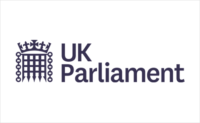
I submitted written evidence to the UK Parliament’s Women & Equalities Select Committee Inquiry into The Rights of Cohabiting Partners. You can read all the evidence submitted to the Committee here.
-
Re-Reading A Theory of Justice
Is there anything new left to say about A Theory of Justice?
In this brief paper I reflect on this question, on the basis of re-reading the text fifty years since John Rawls first published it, and twenty-five years since I first encountered it as an undergraduate.In the journal Polity, online first (2021). You can read it here:
-
What the Foucault?

An interview with me was featured in “What the Foucault?”, an episode of Analysis on BBC Radio 4 in 2021. The programme was made by Shahidha Bari and you can listen to it here.

-
Women & Equalities Select Committee Report
The Women & Equalities Select Committee has published their report “Changing the perfect picture: an inquiry into body image”. The report quotes evidence I gave to the Committee on behalf of the Nuffield Council on Bioethics, and adopts a number of the Council’s recommendations. You can read the report here, and the Nuffield Council’s statement here.
-
Nuffield Council on Bioethics project on gender identity
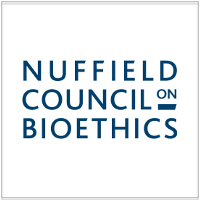
The Nuffield Council on Bioethics is launching a new project that will explore the ethical, social, and legal issues associated with the care and treatment of children and adolescents in relation to their gender identity.
Increasing numbers of young people and their families in the UK have been seeking advice and support in relation to gender identity issues in recent years. In autumn 2019, we spoke to a wide range of individuals about the challenges involved in providing care and treatment for young people in relation to their gender identity. From those meetings, it is clear that there are many areas of consensus, but there are also a number of unresolved ethical questions that deserve further consideration.
This project will look in more detail at some of those issues, including the nature of gender dysphoria, the balance of benefit and harm in treatment and non-treatment, and the ability of young people to consent to medical interventions.
Our aim is to contribute information and insight on these issues to inform and support practitioners and policy-makers, to contribute to the broader public debate, and, ultimately, to improve the well-being of gender diverse and gender incongruent children and adolescents by helping ensure they receive ethical, appropriate, and high-quality care.
During this project, we want to listen to a wide range of views – including those of young people themselves. If you are interested in being involved or would like to find out more, please email gender@nuffieldbioethics.org. We will be launching a call for evidence in the coming weeks. For more information on the project, please visit the project page
-
Talking Politics History of Ideas

David Runciman and I discussed Simone de Beauvoir’s The Second Sex in an LRB subscribers’ webinar in March 2021. The webinar was part of Talking Politics History of Ideas Season 2. You can listen to that series here.

-
Against Marriage on the Counterintuitive Podcast
-
UK Parliament APPG Inquiry into invasive cosmetic procedures
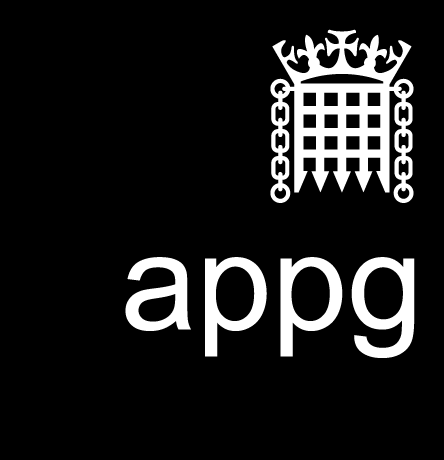
On 24 November 2020 I gave evidence to the UK Parliament All-Party Parliamentary Group on Beauty, Aesthetics, and Well-Being. The APPG are running an important inquiry into non-surgical invasive cosmetic procedures, and I spoke in their session on Ethics and Mental Health.
You can read more about the Inquiry here.
